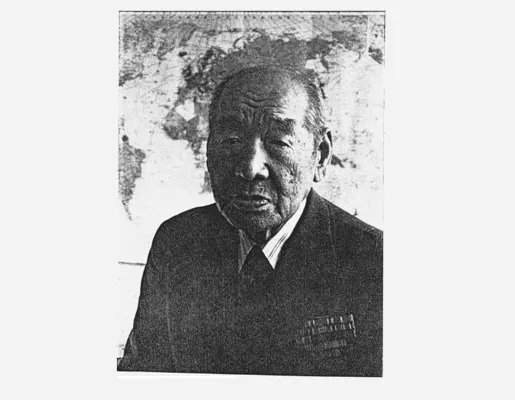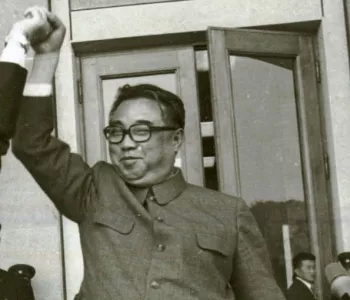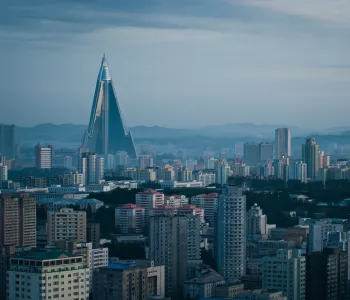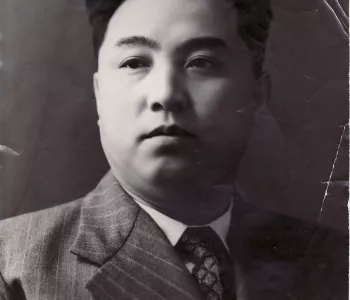d'Vinci

Pak Yeong-bin
Pak Yeong-bin worked closely with Soviet authorities during the Red Army's occupation of North Korea.

Soviet-Korean Pak Yeong-bin (박영빈), also Romanized as Pak Yong Bin, was dispatched to North Korea in 1945. He was assigned to oversee the process of land reform measures adopted by the Soviet Civil Administration within North Korea. Following the completion of the reform in 1946, Pak was given the task of establishing an academic institution by Major General Romanenko and Kim Il Sung which would serve to educate the top leadership within the North Korean polity. The school was named “The Central Senior Leadership Academy” (고급지도간부학교) and opened on June 1, 1946.

In 1948, Pak attended the US-Soviet Joint Conference in Seoul as an assistant to General T.F. Stykov, during which the Soviet Union proposed and later unilaterally declared that they would withdraw from North Korea by the end of 1948.
Pak stayed with the Academy until 1949, when he was transferred to the Ministry of Education as Deputy Minister. In 1950 he was reassigned to a post within the Korean Workers' Party to oversee its organizational structuring process. By 1953, Pak was promoted to concurrently hold two posts as the Director of orean Workers' Party Central Committee’s Organizational and Structural Steering Department as well as one of the Committee Politburo members (당중앙위원회 조직지도부장 겸 로동당 중앙위원회 정치위원). However, in 1957 he was purged from his posts and demoted to a deputy ministerial position at the Ministry of Foreign Trade. He remained at his post until 1960, and returned to the Soviet Union in 1961.
Pak stayed with the Academy until 1949, when he was transferred to the Ministry of Education as Deputy Minister. In 1950 he was reassigned to a post within the Korean Workers' Party to oversee its organizational structuring process. By 1953, Pak was promoted to concurrently hold two posts as the Director of orean Workers' Party Central Committee’s Organizational and Structural Steering Department as well as one of the Committee Politburo members (당중앙위원회 조직지도부장 겸 로동당 중앙위원회 정치위원). However, in 1957 he was purged from his posts and demoted to a deputy ministerial position at the Ministry of Foreign Trade. He remained at his post until 1960, and returned to the Soviet Union in 1961.




